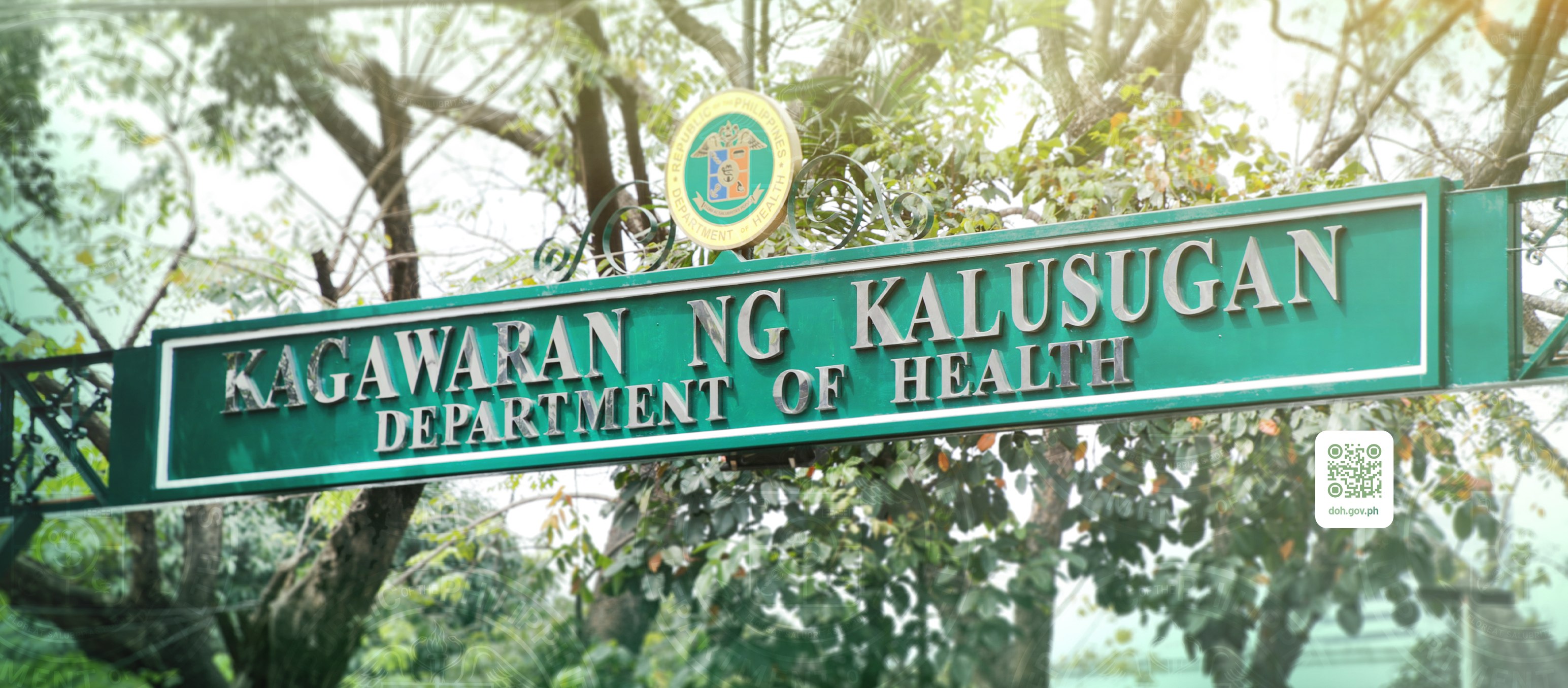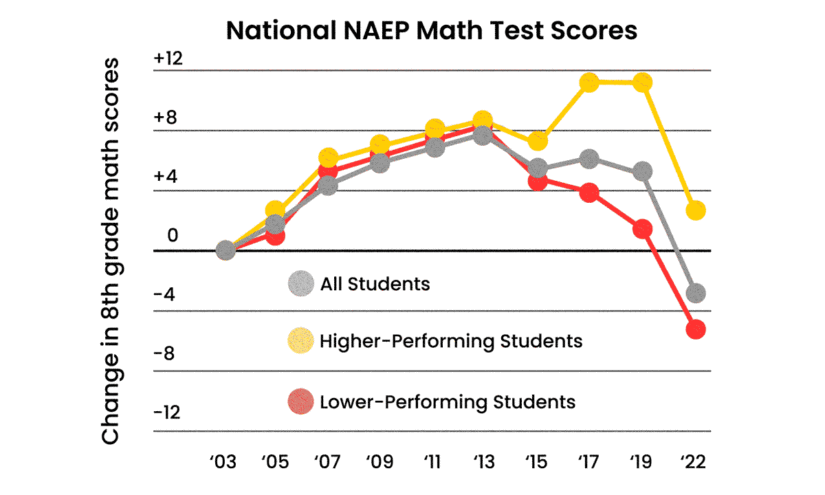DOH: Schools may hire nurses, health experts for sexuality education
The Department of Health (DOH) emphasized that teen pregnancy can be addressed through existing laws, specifically the Responsible Parenthood and Reproductive Health Law of 2012 (RH Law), which only needs proper implementation. DOH Assistant Secretary Dr. Albert Domingo highlighted that hiring trained health professionals to teach students is a key step in effectively enforcing the law. He suggested that, rather than having one teacher cover all areas of MAPEH (Music, Arts, Physical Education, and Health), the "Health" subject should be taught by a specialized and qualified instructor.

DOH Emphasizes Existing Solutions for Teen Pregnancy Amid Senate Bill 1979 Debate
On Saturday, the Department of Health (DOH) highlighted alternative approaches to addressing the growing concern of teen pregnancy in the Philippines, weighing in on the ongoing discussions about Senate Bill 1979, also known as the Adolescent Pregnancy Prevention Bill. The DOH expressed its stance that a new law may not be necessary to combat this pressing issue, emphasizing that proper implementation of existing legislation could already yield significant results.
At the forefront of this perspective is the Responsible Parenthood and Reproductive Health Law of 2012 (commonly referred to as the RH Law). According to the DOH, the RH Law has the tools and mechanisms needed to address challenges such as teen pregnancy; however, these tools require adequate enforcement and support to fulfill their potential.
During an interview on Super Radyo dzBB, DOH Assistant Secretary Dr. Albert Domingo shed light on one critical step toward more effective implementation: engaging qualified health professionals to educate students about reproductive health. Domingo pointed out that the current setup in many Philippine schools integrates "Health" as just one component of the broader MAPEH curriculum—short for Music, Arts, Physical Education, and Health. Under this structure, a single teacher is often tasked with covering all these varied topics, which can dilute the depth and quality of instruction, especially on health education.
Dr. Domingo proposed a shift in approach, advocating for the hiring of specialized teachers or health experts who are well-trained to focus solely on the "Health" component of the curriculum. This targeted approach could ensure that students receive accurate, comprehensive, and practical knowledge about reproductive health, equipping them to make informed decisions and fostering a deeper understanding of the subject.
In his comments, Domingo stressed the importance of tailoring education to the needs of young people, who are often at the center of reproductive health challenges. He noted that well-trained educators could create an environment where sensitive topics are discussed openly and respectfully, helping to break down stigma and misinformation surrounding issues like teen pregnancy.
The debate over Senate Bill 1979 underscores the complexity of addressing teen pregnancy in the Philippines. While some advocates see the proposed bill as a critical step forward, others—including the DOH—believe that maximizing the potential of existing laws like the RH Law could be equally, if not more, effective. The conversation also highlights the broader challenges faced by public health and education systems, from resource allocation to teacher training and community engagement.
As the government and stakeholders deliberate on the best path forward, the DOH's recommendations serve as a reminder of the importance of prioritizing evidence-based, practical solutions. Whether through new legislation or enhanced implementation of existing laws, the ultimate goal remains the same: to empower young people with the knowledge and resources they need to build healthier futures.
What's Your Reaction?












/https://tf-cmsv2-smithsonianmag-media.s3.amazonaws.com/filer_public/54/66/546650fa-26a4-40fd-8d6d-5a7a04540f81/rosetta2.png)
:max_bytes(150000):strip_icc():focal(999x0:1001x2)/robert-prevost-050825-1-39395418ab494da5a3a700c9478e66c8.jpg)















































format(webp))
format(webp))


























